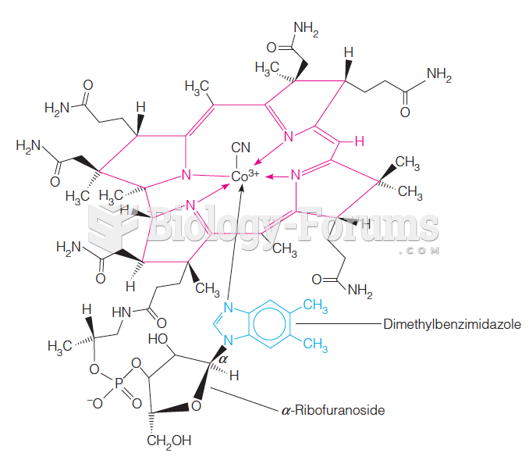This topic contains a solution. Click here to go to the answer
|
|
|
Did you know?
Persons who overdose with cardiac glycosides have a better chance of overall survival if they can survive the first 24 hours after the overdose.
Did you know?
The longest a person has survived after a heart transplant is 24 years.
Did you know?
In inpatient settings, adverse drug events account for an estimated one in three of all hospital adverse events. They affect approximately 2 million hospital stays every year, and prolong hospital stays by between one and five days.
Did you know?
Cyanide works by making the human body unable to use oxygen.
Did you know?
Earwax has antimicrobial properties that reduce the viability of bacteria and fungus in the human ear.







